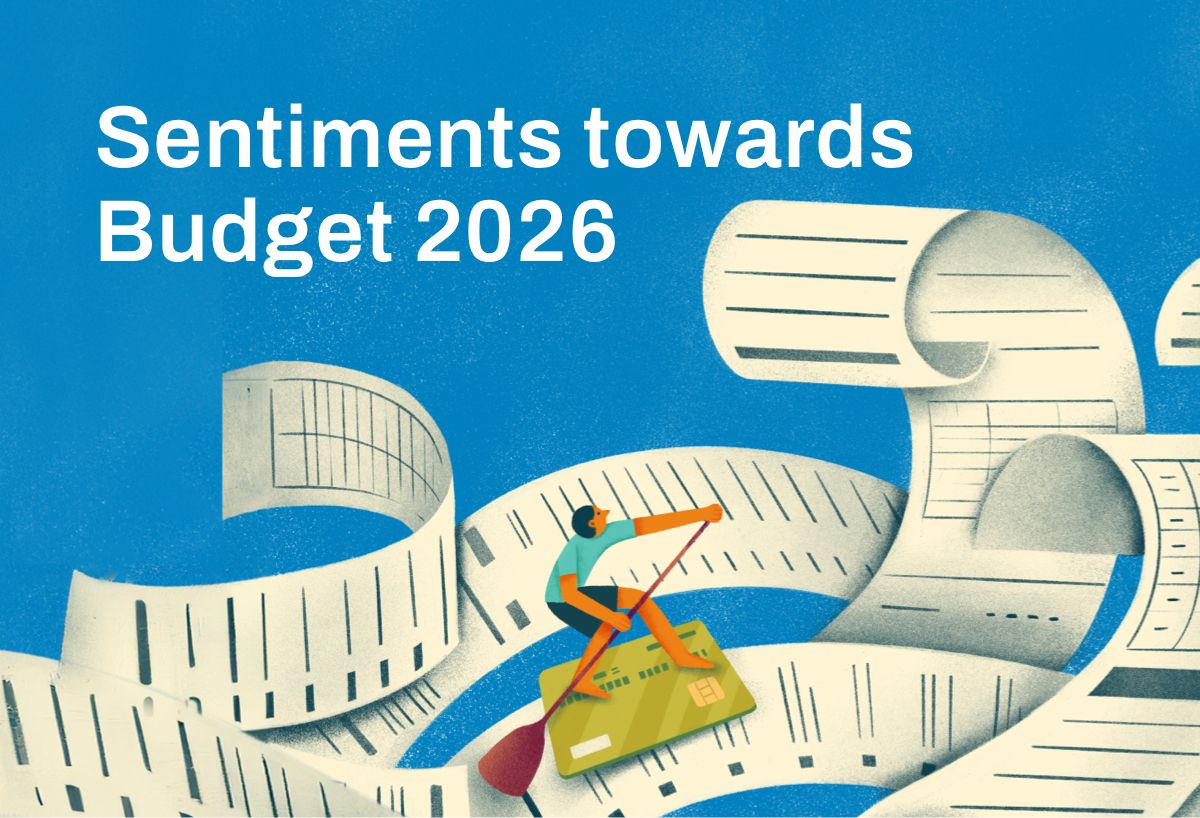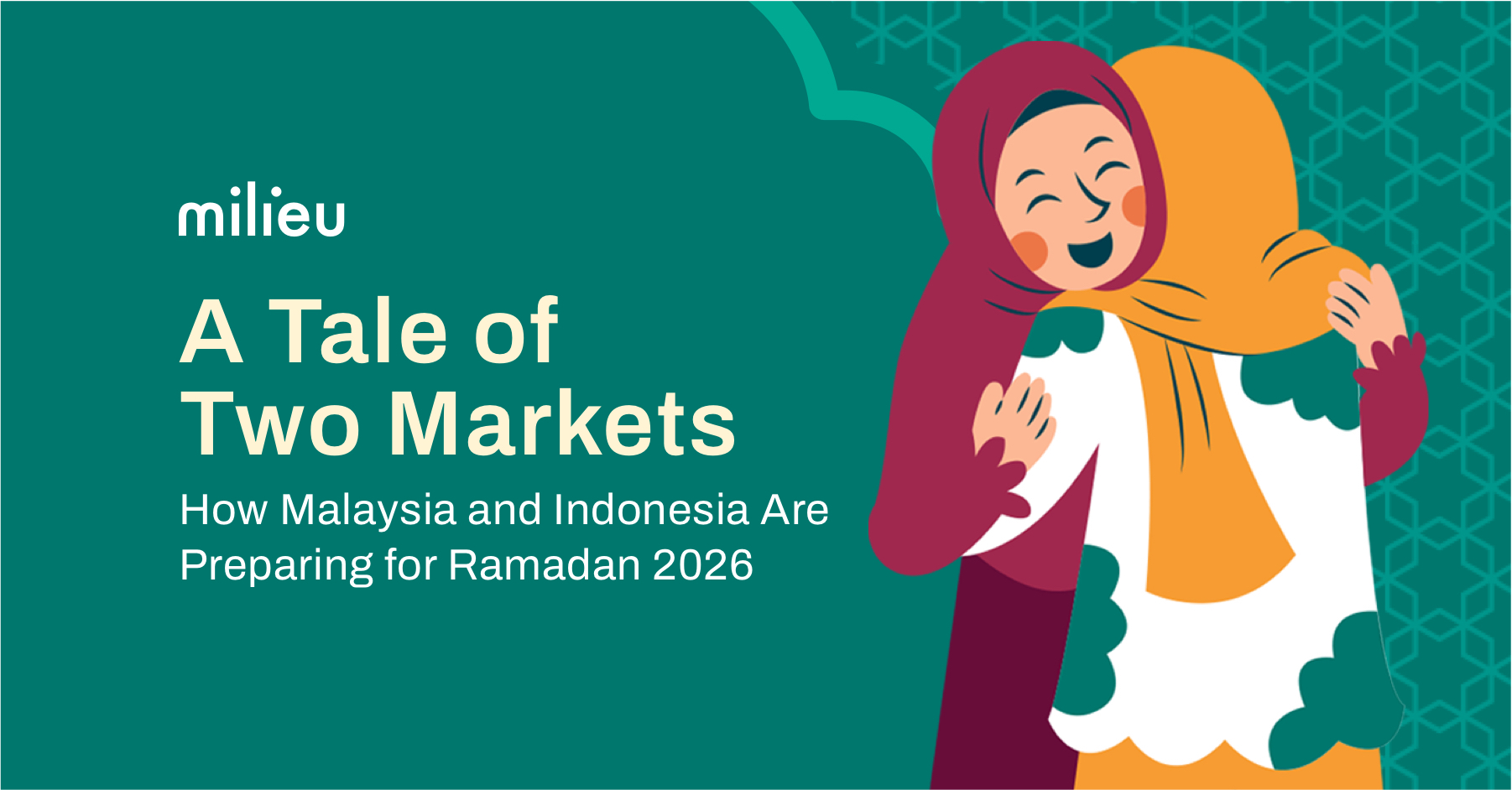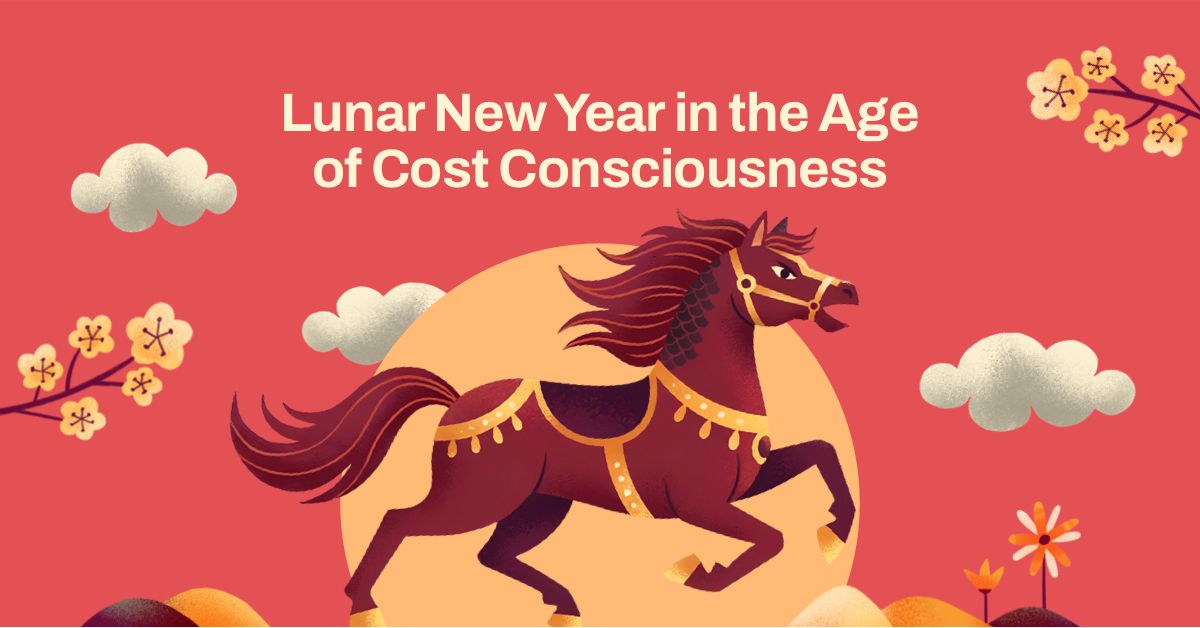70% of SG residents don't need payouts urgently, but who's donating?

Most of us have heard it - “donate your $600 government payout if you don’t need it”. During this COVID-19 pandemic, $600 doesn’t do the same for everybody. Some want it, others need it.
In a Milieu survey conducted with 1,000 Singaporeans, we find out whether Singaporeans are donating, and why they are or aren’t doing so.

The personal financial situations of 53% were found to be negatively affected by the pandemic. For some, government payouts help to put food on the table for a month, but...what‘s next?
To get a sense of how tight pockets are, we asked - how urgently do people need the government payouts?

Only 30% indicated that they needed government payouts urgently. Meanwhile, 63% don’t, and another 7% - in fact - don’t need it at all.
We were warned of the economic crisis as businesses come to a halt and jobs are lost. If there’s anything positive we could say about the pandemic, it is a learning experience for us, for it pushes us to open our eyes to the different realities people live.
For some of us, we’re lucky enough to keep our jobs, or have a considerable pool of savings to dip into. Stay at home? Sure, some adjustments need to be made but we carry on with our work. For others, the loss of jobs or ability to work means spending days at home or the hospital with uncertainty and anxiety over what comes next.
We turn to the government to provide solutions, but to call ourselves Singaporeans, how can we do our parts in this situation? If we call Singapore a nation, we must act like a nation. During this time, we need to share our resources. If you can afford that few extra packages of toilet rolls “just in case” or have a monthly subscription to Netflix, do you think you can spare $5 for a good cause?

Thus far, only 31% of respondents cited that they have made donations to causes related to COVID-19.

The groups that are commonly donated to are low-income families (49%), foreign workers (35%) and healthcare organisations, including hospitals (33%). If you compare the 31% who have donated to the 70% who don’t need the payouts urgently, it shows that we can do so much more, so much better as Singaporeans.
So, why are some people willing to donate, and some not?

The most common reason for the former is concern for the well-being of vulnerable groups. Equally important (or perhaps even more) is the accompanying belief that their efforts are able to make significant differences to the lives of others.

On the other hand, people are deterred from donating when they perceive it to be beyond their financial capacity. This is coupled by a handful of respondents who prefer to save up or invest for future use.
Understandably, many of us are worried for the future and prefer saving up or investing. We could lose our jobs next month, or an unprecedented illness could take a chunk out of our hard-earned savings.
However, what about the ones who can’t be certain about their next paychecks? Comparing the situations, perhaps you have more to share. It doesn’t have to be the entire $600 - donating a small part of the government payout to someone who needs it more urgently can make a bigger difference than you think.
Social distancing tells us that collective effort is more effective than the effort of just one, and likewise, we need to work together to uplift those who are unfortunately affected more during (but not limited to) this pandemic. We don’t know for sure how long this pandemic will last, but we can definitely do what we can in the meantime.
If you’re looking for ways to donate, check out our charity partners here or at giving.sg





